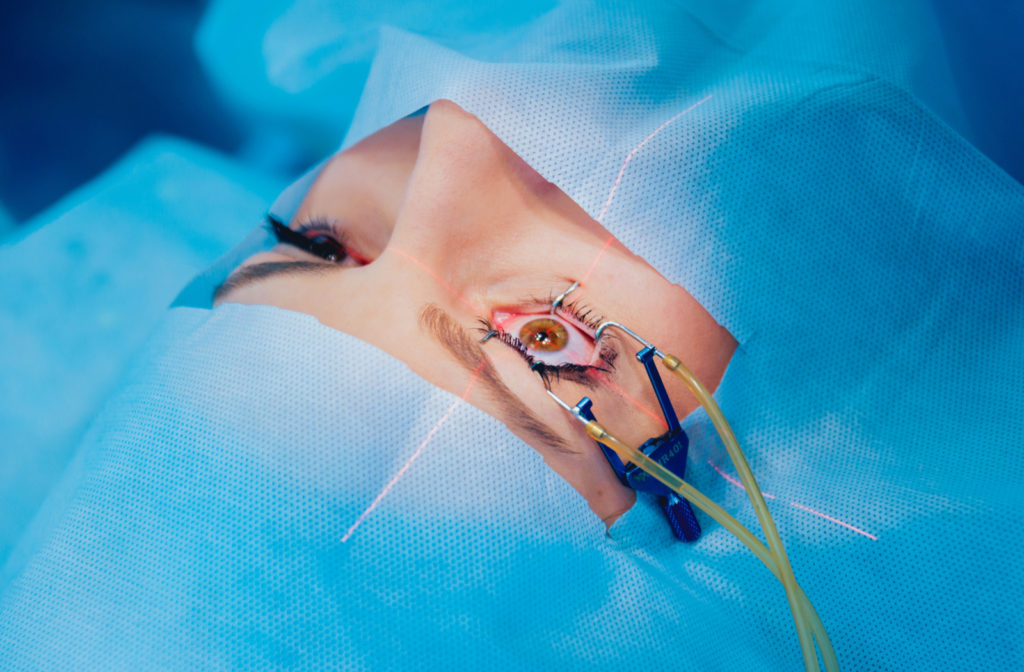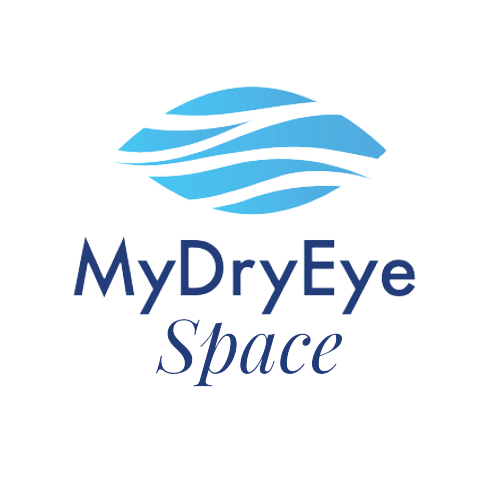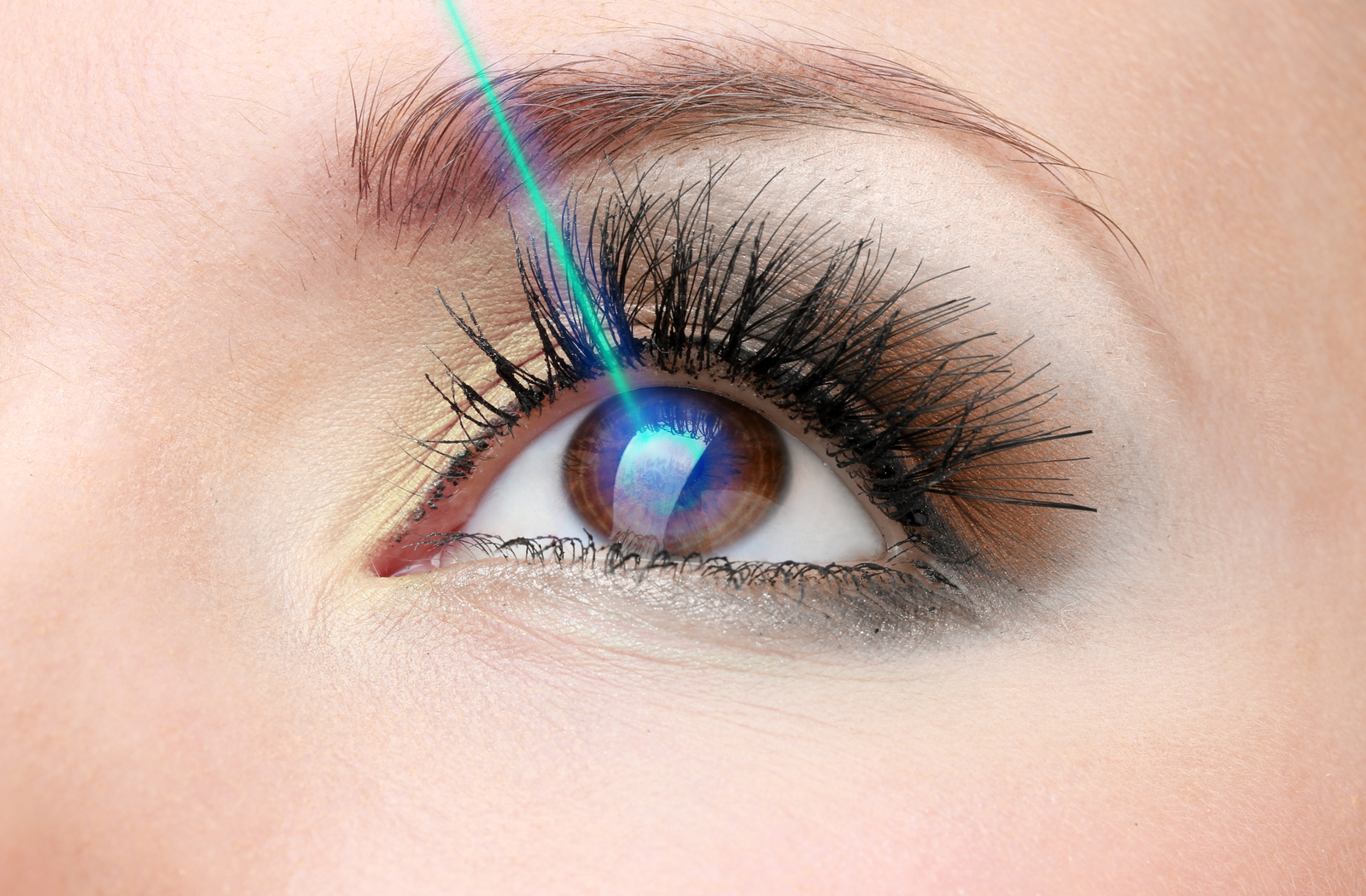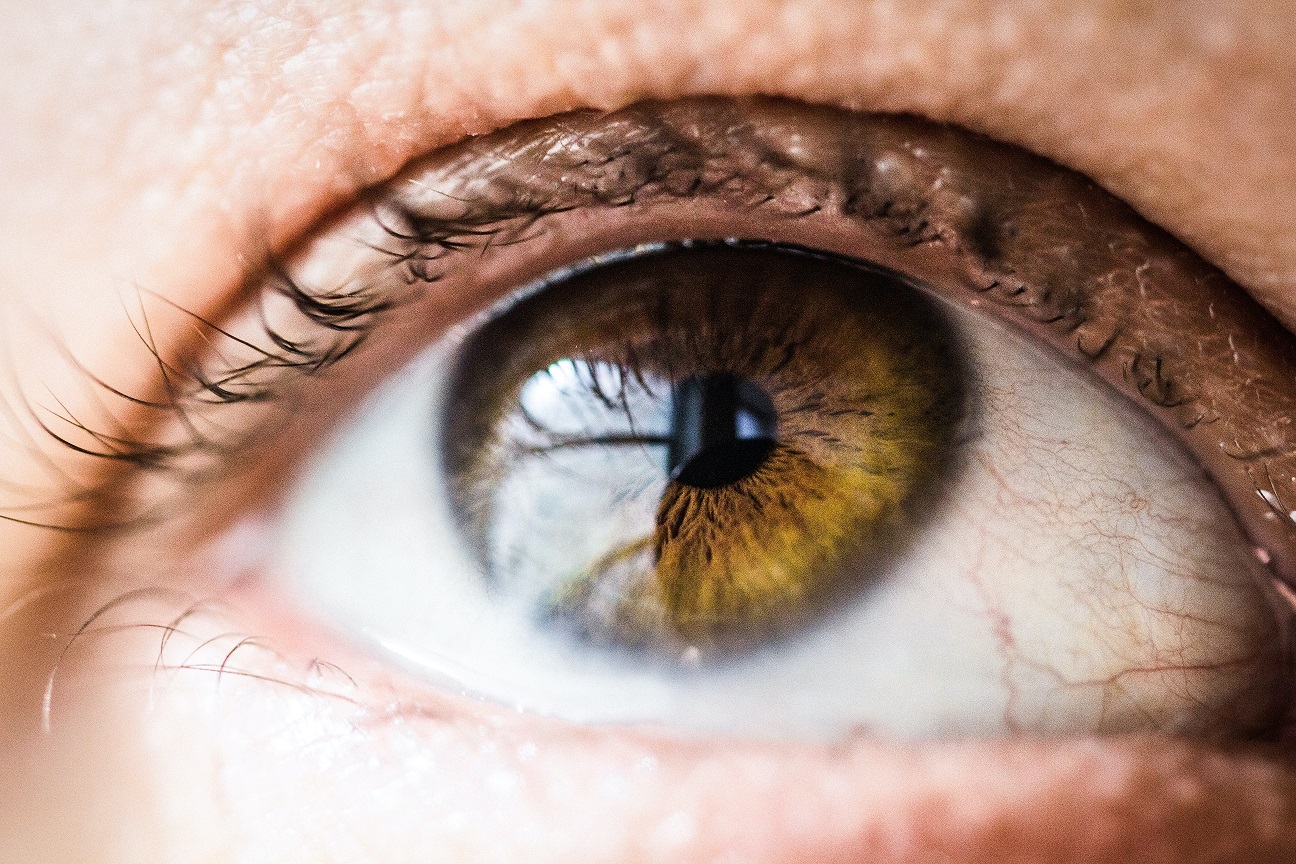Many Canadians wish to live glasses and contact lens-free, pursuing laser eye surgery for vision correction. Unfortunately, certain health and eye conditions can affect your eligibility for laser eye surgery. If you’re interested in this surgery, dry eyes can affect your ability to have this treatment.
Continue reading to learn more about dry eyes and laser eye surgery, including if you’re eligible if you suffer from dry eye disease.
What Is Laser Eye Surgery?
Thousands of Canadians receive laser eye surgery to improve their vision. This procedure can help correct refractive errors such as myopia, hyperopia, and astigmatism. Laser eye surgery involves reshaping the cornea so that light focuses directly onto the retina, improving your vision.
Not everyone can receive laser eye surgery, so your eye doctor must determine your eligibility before approving this procedure. This process includes an examination and discussion about your medical history.
Common Surgery Options
Many laser eye surgeries exist today to improve your eyesight using different techniques. Several surgeries exist today, such as LASIK and PRK.
Laser-assisted in situ keratomileusis, better known as LASIK, is one of the most common laser eye surgeries available today. Your surgeon uses a laser to help reshape the cornea for improved vision. After cutting an initial flap to access the middle layer of the cornea, your surgeon can correct your vision.
Photorefractive keratectomy (PRK) is another common laser eye surgery. It involves reshaping the cornea, but with a different technique than LASIK.
Your surgeon removes the entire top layer of the cornea (epithelium) before reshaping the underlying layers. The epithelium grows back as you recover from this procedure.
While laser eye surgery can be an effective way to improve your vision, it isn’t for everyone. These surgeries can cause or worsen dry eyes post-operation.
Laser Eye Surgery & Dry Eyes: The Risks
Dry eyes can be a common side-effect after receiving laser eye surgery. The surgery involves altering the cornea, which can temporarily damage its nerves and cause a reduced sensation. Your eyes may not realize they require moisture and have a decreased production of tears, leading to dry eye symptoms.
Other factors such as age, gender, and eye shape may increase your risk of developing dry eyes after laser eye surgery. The leading risk factor for post-laser eye surgery dry eye is having pre-existing dry eye symptoms.
Laser eye surgery can make your symptoms significantly worse if you already have dry eyes. Because of this, your eye doctor may not recommend laser eye surgery as a suitable treatment option.

Can You Receive Laser Eye Surgery if You Suffer From Dry Eyes?
Dry eye disease may affect your eligibility for laser eye surgery, depending on its severity. Some of the general qualifications of a good candidate for LASIK or PRK include:
- Stable eyeglass or contact lens prescription for at least 2–3 years
- At least 18 years old
- Stable vision for the past year
- No history or findings of active corneal disease
- No significant medical or eye problems
- No significant dry eye
While you can receive laser eye surgery if you have dry eyes, it depends on the severity of your condition. Your eye doctor will perform a comprehensive eye exam to determine your eligibility for laser eye surgery. This assessment includes looking for signs of dry eye disease by examining the quality and quantity of your tears.
Your eye doctor will discuss their results with you following the completion of your exam. If you have dry eye symptoms and/or signs, your doctor will recommend treatment to control pre-existing dry eye symptoms because this surgery can worsen dry eye disease.
If your dry eye symptoms are too severe or you cannot manage them, your eye doctor may not recommend you receive laser eye surgery.
Are There Alternatives to Laser Eye Surgery?
Although laser eye surgery is the most common refractive surgery available today, several alternative treatments exist. These treatments have less involvement of the cornea, meaning there may be a lower risk of dry eye symptoms.
Alternative refractive surgeries include:
- Small incision lenticule extraction (SMILE): This surgery uses a different technique to reshape the cornea, removing a disc-shaped piece of the cornea to improve your vision
- Conductive keratoplasty: This procedure uses radio waves to modify the cornea’s shape, but these results only last between 1–3 years
- Implantable collamer lens (ICL) surgery: This surgery involves placing an implantable lens between the cornea & the iris to improve your vision
Determine Your Eligibility for Laser Eye Surgery
If you’re interested in laser eye surgery but suffer from dry eyes, there’s no need to lose hope yet. You may still be eligible for this surgery.
Receiving a comprehensive eye exam can help your doctor determine the severity of your dry eyes and your eligibility for surgery. If you’re ineligible, there are always potential alternatives to pursue.
Find an eye doctor to book an exam with if you’re interested in laser eye surgery.










